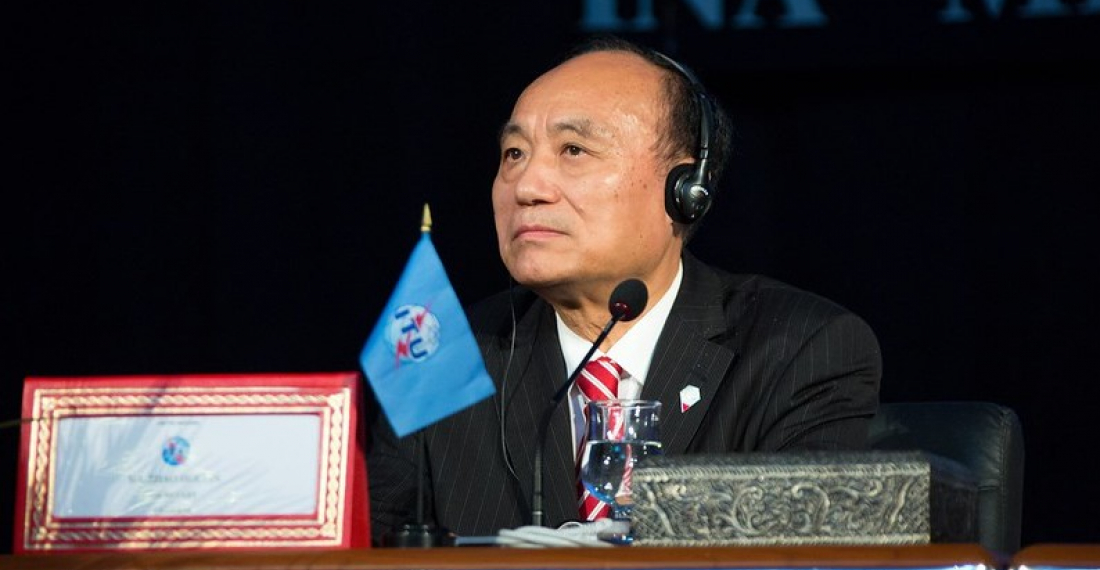Houlin Zhao, secretary-general of the International Telecommunication Union (ITU), hailed Saudi Arabia’s efforts and its remarkable initiatives in telecommunications fields, including the launch of a new platform to enhance international cooperation in the digital fields. He described the Kingdom’s telecommunications market as the largest in the Middle East region, reports the Saudi Gazette,
Zhao made the remarks during a three-day webinar titled “Radio Spectrum for IMT-2020 and beyond: Fostering Commercial and Innovative Use”, co-organized by ITU and the Communication and Information Technology Commission (CITC) of Saudi Arabia. The webinar focuses on the latest spectrum of innovation and best practices for policymakers.
Zhao praised the regulatory maturity of the telecommunications and information technology (CIT) sector in the Kingdom. “As per the classification of ITU, CITC is one of the most regulated and developed CIT bodies in the world,” he added.
Inaugurating the event on Tuesday, Minister of Communications and Information Technology Eng. Abdullah Al-Swaha highlighted the role of digital infrastructure, calling it the lifeblood of the global economy after the coronavirus pandemic. He also stressed its importance in the success and resilience of the economy.
Al-Swaha underscored the Kingdom’s keenness to cooperate with ITU and its global partners in the field of the spectrum to enhance the benefits from it. He stressed the importance of the meeting of decision-makers in the field of spectrum in the seminar to discuss this important resource.
More than 70 high-ranking officials and specialists from various governmental, private, and academic agencies attended the virtual event. The webinar is being convened as part of unifying global efforts and visions in the field of the frequency spectrum, and to activate its role in promoting digital transformation in the Kingdom and the world.
Source: commonspace.eu with agencies
Photo: Houlin Zhao, secretary-general of the ITU.







